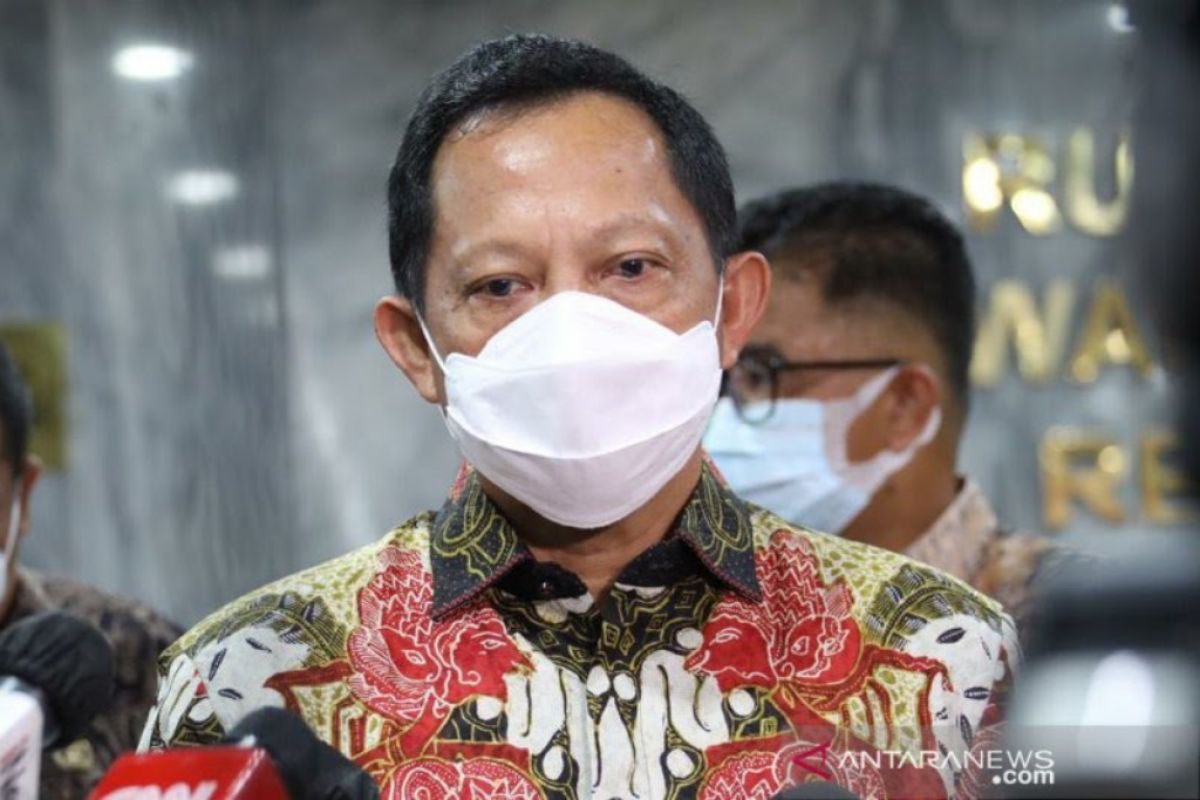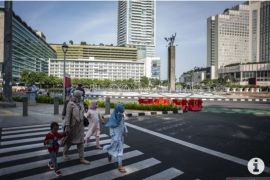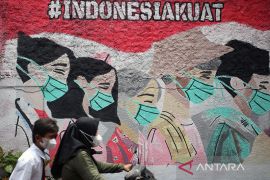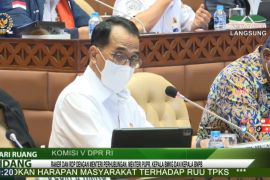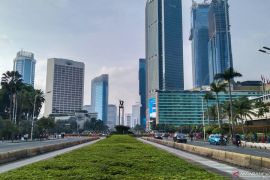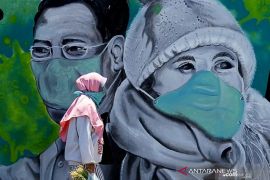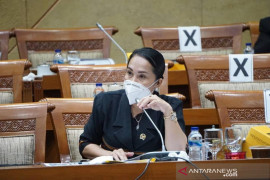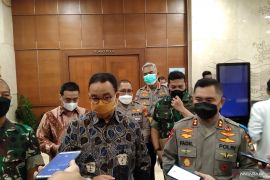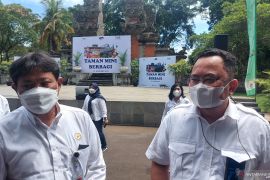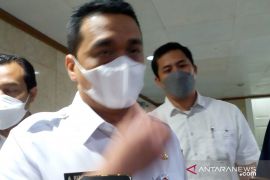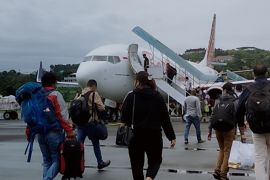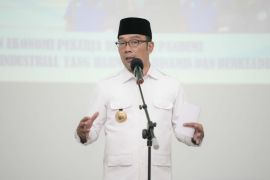Director General of Regional Administration Development Safrizal ZA noted in a press statement here on Tuesday that the ministry had issued a PPKM-related instruction from the home affairs minister as stated in the Home Affairs Minister's Instruction Number 05 of 2022 for PPKM in Java-Bali.
The instruction is an extension of the instruction on PPKM that was stated in Instruction Number 3 of 2022.
"This ministerial instruction is valid from January 25, 2022, to January 31, 2022," he noted.
Based on data on the regulation of PPKM in Java-Bali, there was a spike in the number of regions with level 1 status, from 47 to 52 regions.
Meanwhile, the number of level-two regions decreased, from 80 to 75 regions, whereas only one area remains under level 3.
The indicators used in assessing the status of regions are still the same as the previous PPKM regulations, comprising adjustments to efforts made by regions to improve public health and social restrictions to cope with the COVID-19 pandemic, as determined by the minister of health.
Thereafter, the instruction also added indicators of total achievement of vaccination dose 1 and dose 2 for the elderly group over 60 years out of the vaccination target.
"Thereafter, adjustments were also made to the agglomeration areas in Jakarta, Bogor, Depok, Tangerang, Bekasi (Jabodetabek), Greater Bandung, Greater Semarang, Solo Raya, Yogyakarta, Greater Surabaya, Greater Malang and Bali," he remarked.
Assessment in the agglomeration area is integrated, including the assessment of efforts to improve public health and social restrictions to cope with the pandemic, as determined by the minister of health. Meanwhile, an assessment is also conducted in areas that are actively making data corrections.
"This aims to encourage the improvement of COVID-19 data in districts or cities," he remarked.
Meanwhile, other regulations related to PPKM have not changed, such as face-to-face learning (PTM) that is guided by the Joint Decree (SKB) of Four Ministers regarding guidelines for the implementation of learning during the COVID-19 pandemic.
Thereafter, another rule that has remained unchanged is the implementation of working in the office (WFO), with a maximum 25-percent capacity for non-essential employees, who have been vaccinated in level 3 areas, 50 percent for level 2 areas, and 75 percent for level 1 areas.
For essential sectors, the maximum number of staff allowed to work from offices in level 3 areas reaches 50 percent, 75 percent for level 2 regions, and 100 percent for essential sectors at levels 3 to 1 while still optimizing the use of the PeduliLindung application.
Safrizal reminded the local government that some of the cases occurred in the Jabodetabek areas. Hence, local governments are expected to accelerate booster vaccination in districts and cities with high vaccination rates.
"Java-Bali is the Omicron COVID-19 epicenter. Hence, the second dose of vaccination for the elderly should continue to be accelerated. Moreover, the regional government and the Regional Leadership Coordination Forum (Forkopimda) are expected to continue to accelerate the administration of dose 2 of vaccination for the general public and the elderly group to reach 70 percent," he stated.
Next, child vaccinations should also be accelerated, given that face-to-face learning has been fully implemented. Meanwhile, epidemiological tests, screening, and tracing and surveillance in areas with potential spike in cases also should be increased.
"Surveillance should also be strengthened at the country's entry points," he remarked.
Related news: Omicron local transmission has notably increased: VP
Related news: Government extends PPKM in Java-Bali amid COVID-19 cases under control
Related news: Epidemiologist asks gov't to re-evaluate PPKM policy
Translator: Katriana
Editor: Sri Haryati
Copyright © ANTARA 2022
